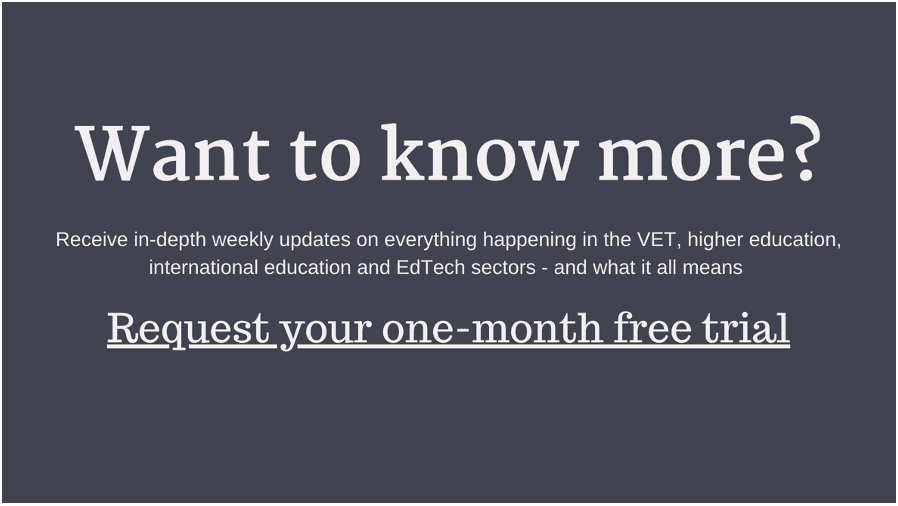
Launch of the study report by members of the ASEAN TVET Council and Australia’s Education Counsellor to Malaysia. (Photo credit: ASEAN)
Launch of the “Promotion of Business Engagement Models for Upskilling and Reskilling the ASEAN Workforce”
In 2024 the ASEAN Senior Labour Officials Meeting Working Group on Progressive Labour Practices to Enhance the Competitiveness of ASEAN (SLOM-WG) commissioned a research project to improve business engagement in skills development. It was also hoped that the study would provide useful inputs into the work of the ASEAN TVET Council (ATC).
A key objective of the study was to promote greater interest and leadership by the ASEAN business sector, especially medium-sized enterprises, in the upskilling and reskilling of the ASEAN workforce.
The research was supported by the Australian government’s Department of Foreign Affairs and Trade through the Aus4ASEAN Digital Transformation and Future Skills Initiative.
It was an enormous privilege to be selected to undertake this research for ASEAN, and in doing so to be working with Ivar Berget (Principal at ConceptSix) and Rhys Williams (Principal at Imago Creations).
The research report was launched during the ASEAN TVET Council’s 4th Regional Policy Dialogue in Melaka, Malaysia on 12 June 2025.
A copy of the report can be downloaded from the ASEAN website.
While the research did not secure the level of business engagement initially envisaged – it did identify a growing number of impressive industry-engagement initiatives already in place across ASEAN member states (AMS) which are shaping skills development in the region and making it more relevant to the needs of business (particularly medium-sized business).
The research also collected details of the skills development initiatives each AMS is most proud of and happy to share, and the initiatives they would like to learn more about from other AMS and other countries, including Australia (see Appendix D of the report).
These are just some of the initiatives in place in different AMS to facilitate more business skills development:

The study also learned about specific green skills initiatives:

And about a raft of digital skills initiatives – of which these are just some:

The report contains recommendations for businesses, including large businesses who expressed an interest in supporting the skills development of their SME suppliers, and for AMS governments.
The recommendations are well aligned to the workplan of the ASEAN TVET Council – meaning that while there is obviously still more to be done (when doe she work of skills development ever stop?), the Council’s workplan is well calibrated to what is needed in the region.
One of the key areas of focus for AMS will be to continue their communication and engagement activities with businesses so that they are more aware of the many low-cost/free skills development programs on offer across the region.
In summary – while there is still a lot that Australia can share with AMS about good practice in skills development and VET/TVET – the region has now moved to a place where we can also learn a lot from VET providers and governments across Southeast Asia. The dynamism of many of their economies and their willingness to trial new approaches – mean that we can now look forward to a new era of cooperation between Australian VET providers and their AMS TVET counterparts – sharing what works and learning from each other. Exciting times!
Finally, let me conclude by saying once again that it was a huge privilege to be a part of helping make those connections more evident (between TVET institutions and business within and outside of the ASEAN region) and to be a small part of helping find solutions to the challenges of the growing economies in the region.
A huge thanks to all of the business people and officials we engaged with during the project for sharing their time and insights – and particular thanks to the ASEAN Secretariat team, headed by Ms Mega Irena, and the Aus4ASEAN team led by Mr Michael Costa, for their support and guidance during the conduct of the research.




